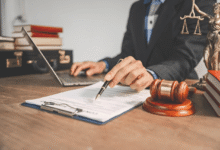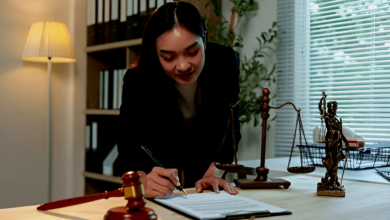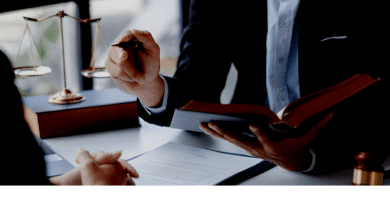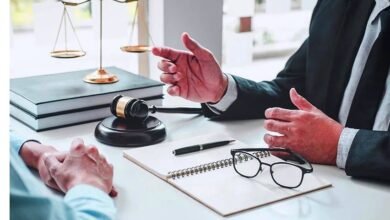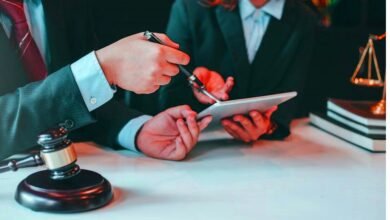A Guide to Common Court Objections
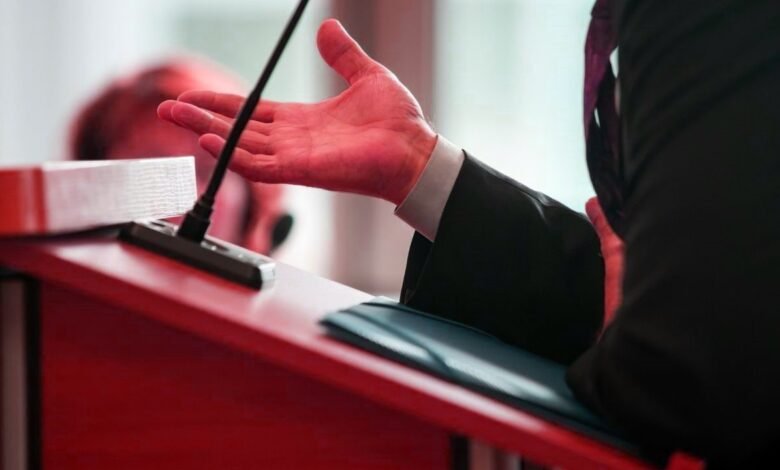
Even people who are not attorneys have probably watched a scene in a movie or television show in which a trial attorney objects to a question asked by the opposing counsel or to testimony given by a witness. Trial lawyers absolutely need to be aware of how to utilize the various kinds of court objections available in court, despite the fact that objections may not be as dramatic in real life as they are in court.
This article contains a rundown of the most typical categories of objections, complete with illustrations of each one. In addition to this, we discuss the proper manner in which objections should be raised during the trial. In the final part of this guide, we will discuss how you can get ready for the trial objections.
Warning: the following list does not contain every possible objection, and the viability of an objection depends on the specifics of the situation. We are unable to provide a guarantee either that your objection will be upheld or that your objection will be a sound one. The judge may disregard your objection in court.
Types of objections
The following kinds of objections that can be made in court are generally founded on the rules of evidence that are most commonly used in American courts.
Relevance
The contention that the presented evidence is irrelevant to the issues at hand is the foundation of a relevance objection. To be considered relevant, the evidence must be able to contribute in some meaningful way to the demonstration of a significant point. Objections based on relevancy have the goal of preventing jurors from becoming distracted or swayed by information that is irrelevant to the case that is currently being heard in court.
Rule 403 of the Federal Rules of Evidence states that the court may exclude evidence even if it is relevant if the potential for unfair prejudice or other harms to the jury process outweighs the probative value of the evidence. In other words, the court may exclude evidence even if it is relevant. When deciding an objection to the relevance of evidence, the judge is required to take all of these factors into consideration.
The issue of relevance is often one of the most contentious when it comes to objections. The result can be very different depending on the circumstances, and the decision that the judge makes is frequently very subjective.
Example
There will likely be objections raised regarding the relevance of bringing up the previous criminal history of a party to the case. Even if this has some possible bearing on the case — for instance, does the fact that your client was convicted of embezzlement twenty years ago make it more likely that they defrauded the plaintiff in this case? — the judge may decide that the information would unfairly sway the jury in favor of the defendant in the case.
Leading question
This objection is made when a lawyer asks a question that hints at the desired answer or puts words in the witness’s mouth without their permission. During the direct examination, leading questions are not allowed, although there are some exceptions made for information regarding the background. On the other hand, leading questions are permitted during the process of cross-examination as well as for hostile witnesses or opposing parties.
Example
“Is it not the case that the defendant was visibly intoxicated on that particular night?” is an example of a question that leads in a certain direction.
Compound question
Compound objections are made when a question contains multiple inquiries, which makes it difficult to respond in a way that is both clear and accurate. In order to ensure that the witness is aware of what is expected of them in their response, the compound question should typically be broken down into several separate inquiries.
Example
It is possible that the statement “Isn’t it true that you visit the Looney Bar every Wednesday, and you were there until 2am that night?” is actually a combination of two questions.
Argumentative
An argumentative question does not seek any new information but rather seeks to have the witness agree with an inference or conclusion. This type of question can be objected to on the grounds that it is argumentative. This can also be objected to on the grounds of “badgering the witness.”
Example
An argumentative approach would be for an attorney to pose the question, “Do you expect the jury to believe someone who lives in your neighborhood can afford a luxury car?” This question is not an information-gathering inquiry. Instead, it merely invites the witness to cast doubt on the credibility of the defendant.
Read More: Law Firm Types: Which One Is Best for You?
Asked and answered
When an attorney raises this objection, they are asking a question that another attorney has already asked and been answered satisfactorily. The purpose of the objection is to stop the attorneys from asking the same question in a variety of different ways to get a distinct response from the witness.
Example
The examiner asked you, “So you drove from Fresno to Las Vegas on November 8?”
The witness replied, “You are correct.”
The examiner asked, “So, you arrived in Las Vegas on November 8?”
The witness replied, “Yes.”
The examiner asked, “So, you didn’t stay in Fresno on November 8?”
Vague
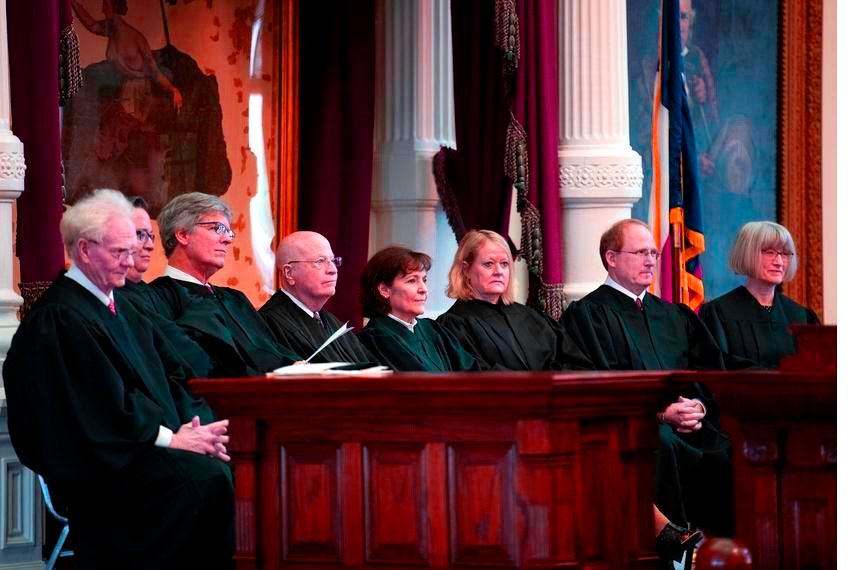
You have the right to object on the grounds that a question is too general if it does not provide enough clarity or specificity. When the question is not clear, it is difficult for the witness to provide a meaningful answer. Sometimes, this objection is framed as being “ambiguous” or “vague and ambiguous.”
Example
“Walk us through what happened,” they said. “Tell us about the incident.” The opposing party may now object at this point, arguing that the question in question is too ambiguous and ought to be clarified.
Speculation
An appropriate form of objection to a question that asks a witness to make an educated guess or speculate on a topic about which they do not have direct knowledge is to state that the question “calls for speculation.” Regardless of the question that the witness is responding to, attorneys can object to using the “speculation” standard if the witness is providing testimony that contains speculative statements.
“Walk us through what happened,” they said. “Tell us about the incident.” The opposing party may now object at this point, arguing that the question in question is too ambiguous and ought to be clarified.
Example
It is a clear invitation to speculate whenever an attorney poses the question, “What do you think the defendant’s intentions were?” to a witness.
Hearsay
An objection to the use of hearsay challenges the use of evidence that is based on secondhand information rather than firsthand knowledge, such as what the witness heard someone else say. Because the jury is unable to determine the credibility of the individual making the statement and because there is no opportunity for cross-examination, it is customarily not allowed to present this evidence.
However, there are numerous exceptions to the rule that states hearsay cannot be used as evidence. Some examples of these exceptions include excited utterances and admissions against interest.
Example
If a witness testifies, “I heard from a friend that the defendant was at the scene,” this is considered hearsay and is inadmissible unless it falls under one of the exceptions to the hearsay rule.
Privilege
You have the right to object to any question that seeks information that is confidential due to the existence of a privilege, such as the attorney-client privilege. Considering that protecting client confidentiality is one of a lawyer’s ethical obligations, objections of this nature are typically upheld.
Example
“What discussions have you and your lawyer had relating to the settlement of this case?” asks the attorney who is conducting the cross-examination.
Violation of best evidence rule
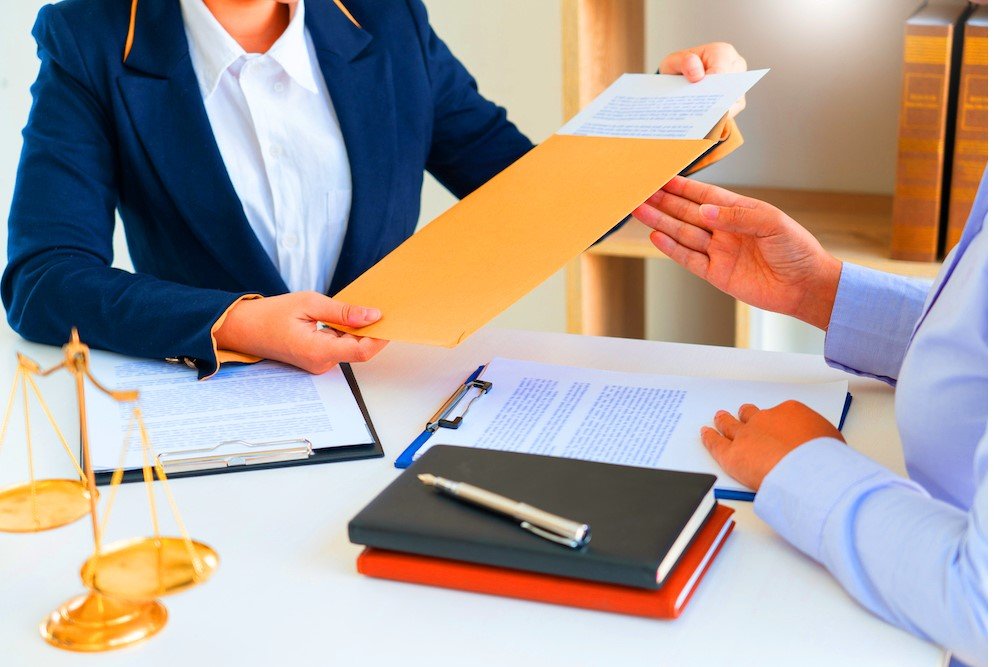
When a party wants to introduce a written document, an audio recording, or a photograph into evidence, the best evidence rule comes into play. According to the rule, the original piece must be utilized by the party at all times unless doing so would be impossible. You have the right to challenge any piece of evidence that violates the best evidence rule.
Example
It would be a violation of the rule that the best evidence is the original document if a party tried to introduce a copy of a contract when the original was available.
Should you always object?
Should you always object to something that’s being said in court, assuming you have a solid reason for doing so? There are circumstances in which you should carefully consider the timing of your objections.
The ultimate purpose of raising objections is to make certain that your client will have a fair trial and the best possible opportunity to prevail in the case. Continuous objections may give the impression to the jury that you are having difficulty with the case or that you are trying to conceal something from them. If a particular question or answer is technically objectionable but would not have a significant impact on the case, you may want to refrain from objecting to it even if it is technically objectionable.
There are also scenarios in which unfavorable testimony provided by the opposing party could end up being beneficial to your customer. Let’s say, for instance, that the witness for the opposing party is going to provide testimony that is going to be detrimental to their case. If this is the case, it is possible that it would be best not to object to the statement and instead allow the jury to hear it.
Can you prepare for objections in court?
Because of the inherent unpredictability of jury trials, it is impossible to adequately prepare for every possible legal objection. You can, however, get ready in advance by being aware of the following:
- The specifics of your legal predicament
- The testimony that is anticipated from your witnesses.
- The various forms that legal challenges can take.
When you have streamlined the administrative aspects of your case, it is much simpler to prepare for objections in court. This frees up time and energy for you to concentrate on the analysis and strategy of your case.
Case management, document management, and other administrative tasks are just some of the many responsibilities that can be handled by legal practice management software like Manage. The legal calendaring feature of Manage is able to keep track of events and deadlines in accordance with the calendaring rules of a large number of courts located all over the United States. Because of this technology, you are able to stay on top of your cases and keep your mind sharp during the trial, which enables you to handle unexpected developments.
Read More: How to find the best car accident lawyer in Florida?
Final thoughts on types of court objections
Every trial lawyer needs to be familiar with the different kinds of objections that can be raised in court, as well as the appropriate way to raise them. In addition to this, they need to be able to anticipate how these objections are going to be raised in their particular case. In order to better prepare for objections, attorneys should give some thought to the legal and factual issues at hand, as well as the testimony that is expected from the witnesses.
The practice management software known as Manage is capable of handling the myriad of administrative responsibilities associated with operating a company. Putting administrative tasks in the hands of practice management software frees up attorneys to concentrate more fully on the preparation of cases for trial.
